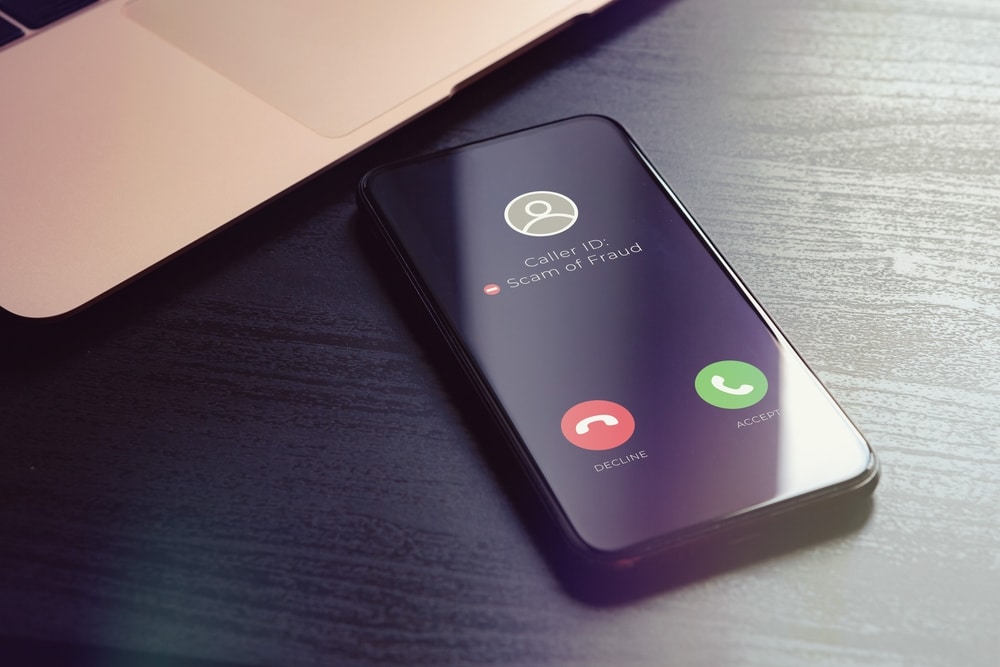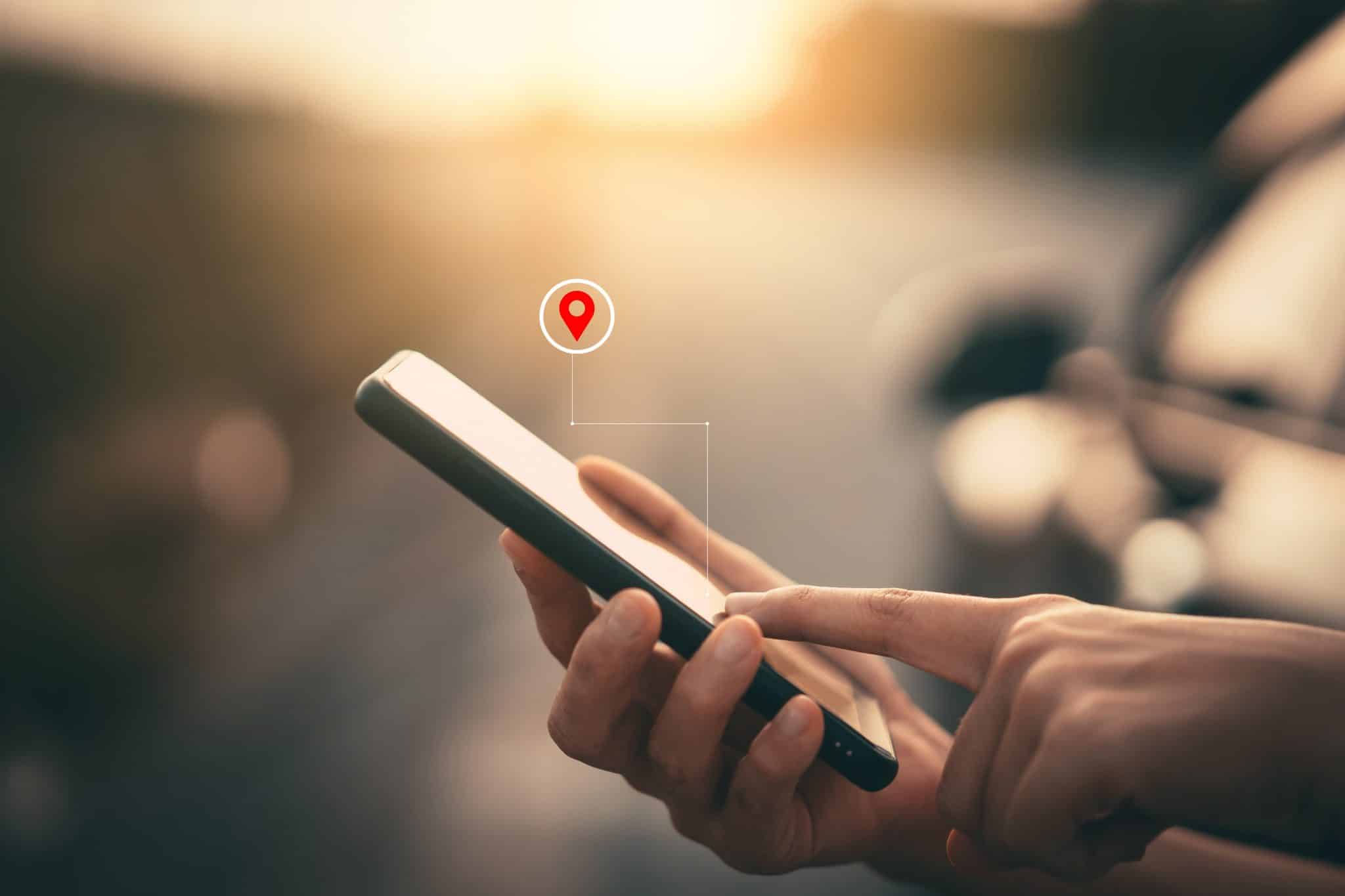Never Answer Calls From These Area Codes
Brandon Way - May 31, 2024

In today’s modern age, phone scams are increasingly common, especially with the invention of robocalls that can make hundreds of spam and scam phone calls each day. To avoid getting involved in any kind of phone scam or spam situation, it’s important to pay attention to the numbers that are calling you. There are some area codes that should be avoided overall, and you should try and avoid answering calls from unknown numbers unless the number has been screened by your phone to be valid and not spam.
Our article gives you more details about the area codes to avoid when it comes to phone calls plus details on common phone scams and how to report a spam or scam number when necessary.
Table of Contents
What to Know About Area Codes for Phone Calls
Area codes for phone calls are the three-digit code at the start of the phone number, and this code allows you to tell where a call originates from. These codes are used inside of the United States and Canada, and there is a specific code that is assigned to each region within the United States.
Oftentimes, phone scammers with copy area codes and certain phone numbers in an attempt to get you to trust the phone number they are calling from. These codes may also be connected to overseas numbers, causing problems if you answer a call or call a number back.
What Is the One Ring Scam?
The One Ring scam is a popular phone call scam that involves scammers using robocalls and other wireless technology to call phones and let the phone ring only once. The intent is that curious individuals will call back the phone number to see who was calling or to figure out if the number was an important one.
However, upon calling back, the number is likely to be connected to an overseas number, something that runs up costly international calling charges of between $30 and $50 a minute. If someone does answer your return call, you will likely be held on the phone for as long as possible so the scammers can increase any calling fees.
Avoiding certain area codes for phone numbers associated with the One Ring scam is a good way to avoid accidentally being caught in this scam, and you should generally let numbers you aren’t familiar with go to voicemail.
Area Codes to Avoid
The following area codes are all included on the Federal Trade Commission’s (FTC) list of area codes to avoid when answering your phone. It is highly likely that if you receive a call from one of these area codes that it is spam or a scam, and calling the number back may result in serious charges or engaging with scammers.
- 268
- 284
- 473
- 664
- 649
- 767
- 809
- 829
- 849
- 876
If you aren’t sure about a phone call you are receiving, allow your phone to screen the call automatically or wait for the caller to leave a voicemail. This can help you avoid directly interacting with spam and scam numbers.
Common Indicators of a Phone Scam
Sometimes, a phone scam can be incredibly realistic, and the scammers you are dealing with may be experienced in what they do. Most of the time, elderly citizens are the ones who suffer from the negative effects of phone scams, though any of us have the potential to be caught in one.
Indicators that you are dealing with a phone scam include:
- The person on the other end starts using terms of endearment quickly and starts trying to make it seem like you have a bond
- The person on the phone is asking for money, gift cards, banking details, or other personal information
- The person on the phone is claiming you have one a giveaway, free service, or other amount of money or gifts, but you must put down a deposit on the item first
- The tone of the caller is urgent and pushy, and they are insistent that you do what they say, such as purchase gift cards or send money to certain addresses
- The caller is claiming to be from a government agency or another official agency, but their number doesn’t match the number on the government website
If you realize you are dealing with these indicators of a phone scam or you suspect the person you are talking to on the phone is a scammer, simply hang up. Block the number and do not answer any more calls from unknown numbers, as it is likely the scammer with try to get back into contact with you using different phone numbers.
When possible, report the number as fraudulent using your phone settings or by using the option on the FTC’s website.
What Can I Do If I’m Called By a Fraudulent Number?
If you notice that many of the phone calls you receive are coming from scam or fraudulent numbers, you may want to register your phone number with the FTC’s Do Not Call List. You should also avoid answering any calls from numbers you don’t know in addition to blocking numbers that are spam or scam and reporting them as such.
Make sure that you do not give any of your personal information or banking and financial information to anyone over the phone, especially after answering a call from an unknown number or one that appears to be running a scam.
How Do I Protect My Personal Information?
Protecting your personal information can be a complicated topic in today’s world where many people must use the internet for work, entertainment, and other daily activities. However, you can protect your personal information by refraining from giving out your details online, making sure that websites and other online commerce sites are secure before making purchases, and ensuring that you have two-factor authentication on as many websites and accounts as possible.
These items will help protect your accounts and information, making it more difficult for individuals to get ahold of and use as part of scam and spam attacks. And remember, never share your public information online where it can easily be accessed by virtually anyone, as this can put you at risk of identity theft.
Keeping Yourself Safe From Phone Scams
Phone scams are one of the most problematic types of scams around today, and these scams can result in significant losses of personal information and money if you are not wary. Making sure to avoid phone calls with the area codes listed in our article is essential, as is taking the time to protect your online information and keeping an eye out for scam indicators before you hand over personal or financial information while on the phone.






